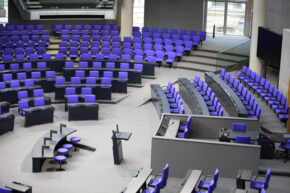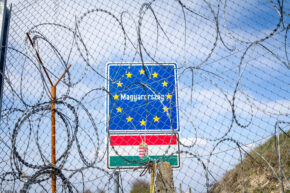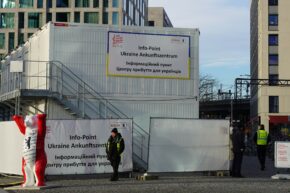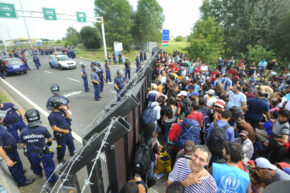
Marcello Maneri
Research Affiliate
Forum Internazionale ed Europeo di Ricerche sull’Immigrazione (FIERI)
The cases of France, Germany, Hungary, Italy, Spain, and the UK
Mass-mediated narratives are a crucial source to make sense of migration. Many scholars have studied the frames, themes and language of the media, especially in news about migrant and refugee arrivals. However, research comparing old and new media in different countries and journalistic sub-genres (refugee arrivals, debates on non-citizens’ rights, terror attacks) and engaging with both frames and narratives was missing.
This Working Paper systematises and compares the findings of six national reports analysing the main narratives on migration in France, Germany, Hungary, Italy, Spain, and the United Kingdom. In particular, it focuses on the distribution of narratives and frames on migration in the various sub-genres and on the ingredients, actors, circumstances, strategies, and infrastructure of narrative success.
Frames and narratives were fairly similar across countries and their resemblance is even greater in the case of terror attacks. Nevertheless, each sub-genre is characterised by a specific structure of opportunities that allows or hinders the advancement of different narratives, in a hierarchical context where not all stories and storytellers enjoy the same chances. Differences between countries are more a question of degree than substance and may be traced back, with caution, to longer-term conversations about the nation’s identity and belonging.







